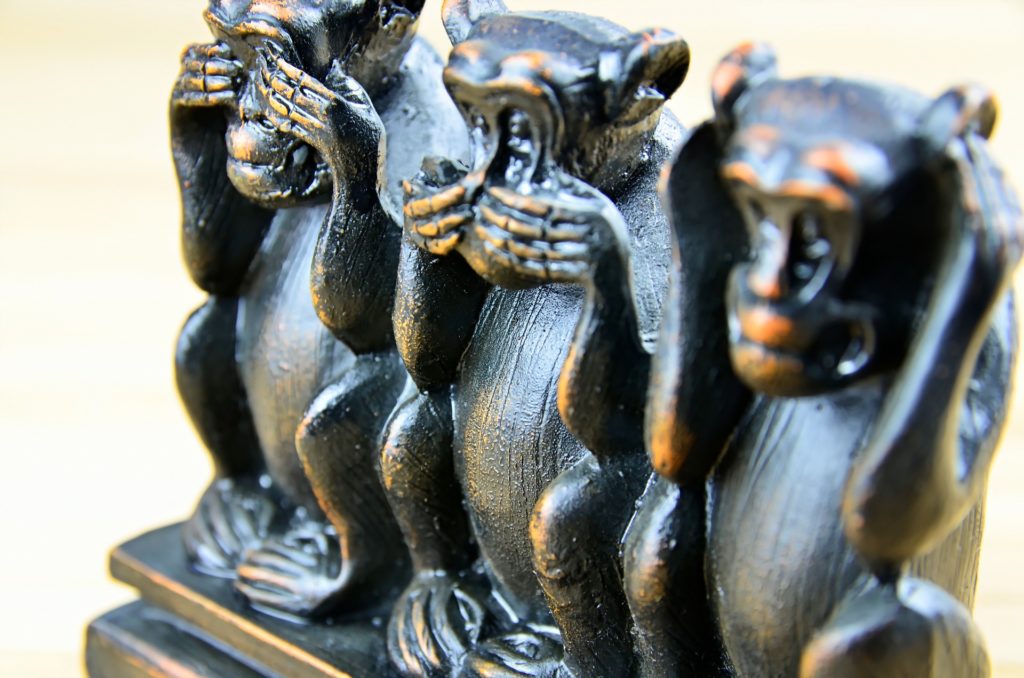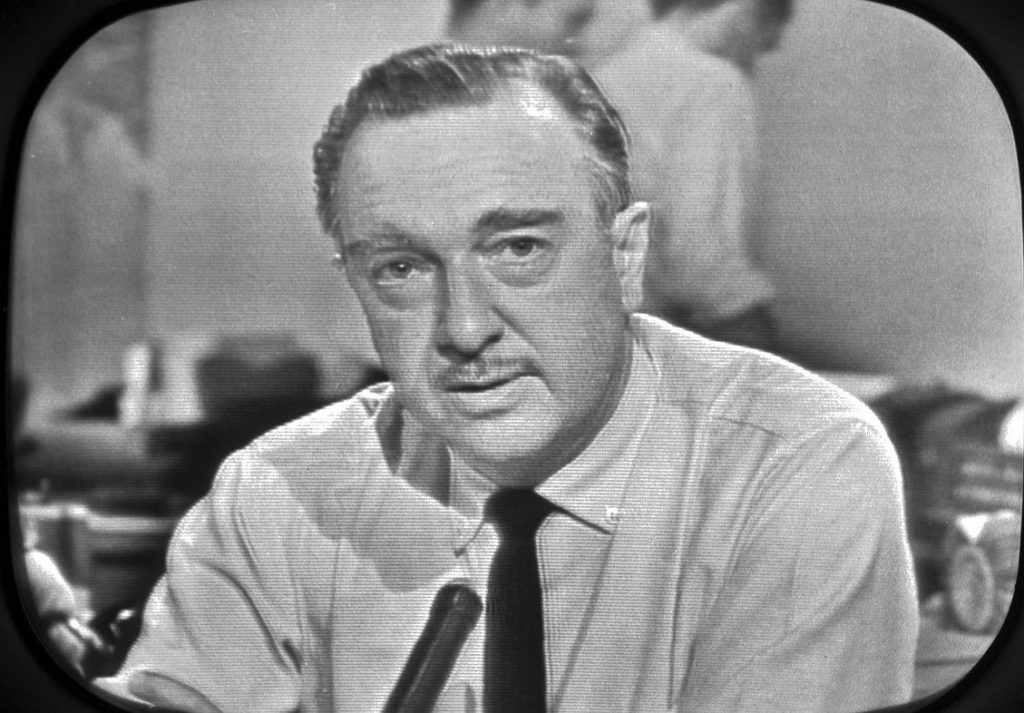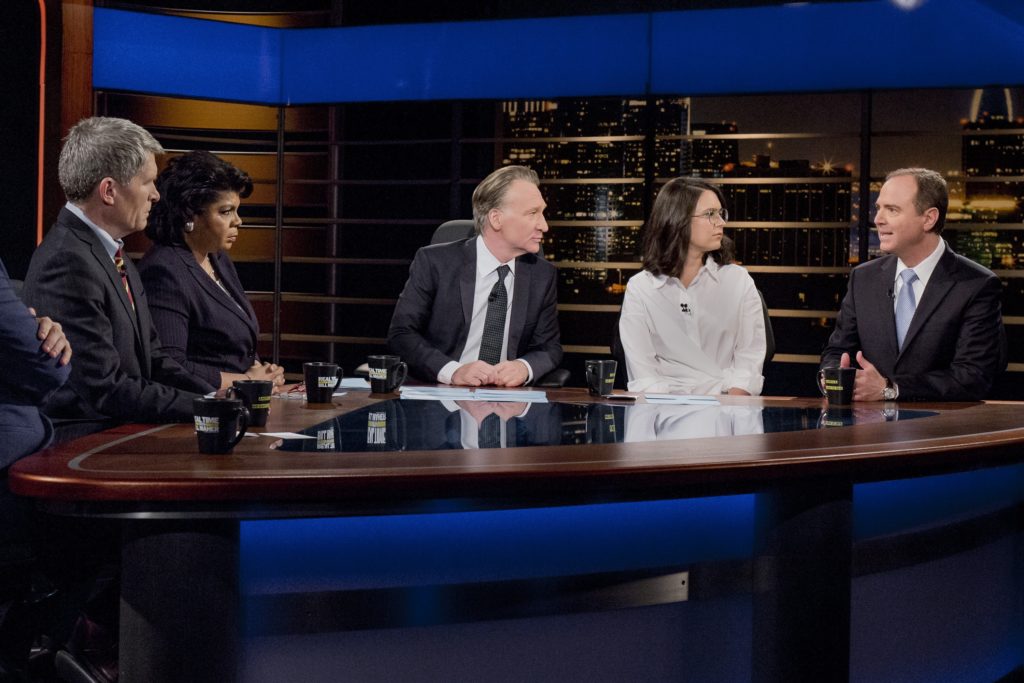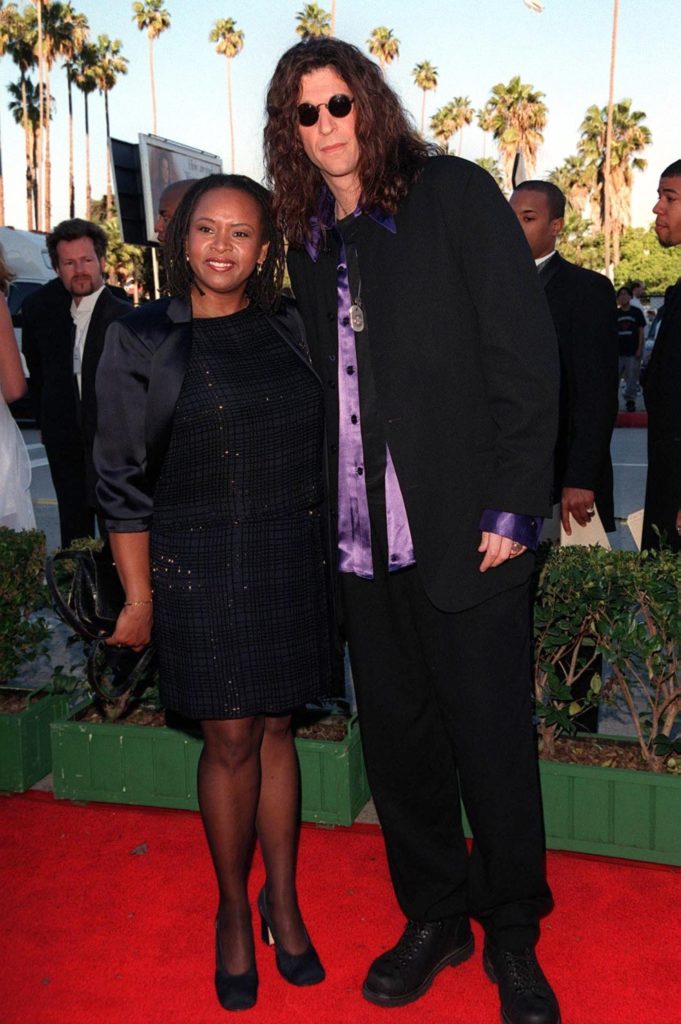
One of the fascinating issues we’ve been tracking with both qualitative and quantitative research is the news appetite, both among self-described “news junkies,” as well as those who spend more of their media time consuming entertainment.
Oddly enough, as 2021 rolls along, they may be converging to a very similar place. Public radio has made much of “The Trump Bump” – the intensified explosion of news, thanks to our former President and his Twitter account. But much of the rise in news ratings was amplified by the news media representing all sides. “Breaking News” became the mantra that helped usher in more viewing and listening.
But now that “bump” may be morphing into a “slump.” In research we’re conducting and following, there’s a collective exhaustion, even among those whose news desires are seemingly insatiable. The transition to a more traditional White House has diminished the frenzy, even though many of the same issues – COVID, Congressional gridlock, a turbulent economy, and racial tensions – continue to capture the daily headlines.
Academics and analysts are busily conducting research, writing white papers, and trying to get their collective heads around what is happening in this news cycle. And to that end, why so many media outlets are viewed disdainfully.
The issue of “news avoidance” was addressed by Nieman Lab in a series of articles and reports about consumers and why they may be curbing their enthusiasm for news.
they may be curbing their enthusiasm for news.
Titled “Why do people avoid news? It’s not just because it makes them feels bad” provides an extensive study in the Philadelphia area, talking about news coverage during the pandemic and how real people are choosing what to consume – and what to avoid.
Professor Stephanie Edgerly, a researcher at Medill, says it boils down to three conditions:
- News has to matter to people. She theorizes that one’s political interest is a predictor of their overall news consumption. That translates to journalists learning how to tell better stories.
- News is a turn-off to people who find current events too complicated. Here, Edgerly says that if navigating the news becomes too challenging, interest diminished. Her antidote? More organized and better packaged news.
- The emotional toll of news (fatigue, depression, frustration) has less to do with cutting down on news consumption. That is, consumers have learned how to “manage” the news, knowing when to take breaks or avoid it altogether.
Where perhaps all this research misses the mark comes down to who is doing the news reporting, interpretation, and storytelling.
Back in the day, the three network news anchors or teams set the tone. You were loyal to the one you liked, trusted, or simply felt comfortable with, and they became your go-to.
 For many Americans in the turbulent ’60s, it was CBS anchorman Walter Cronkite – or Uncle Walter as he was fondly called. People of a certain age remember how they experienced the times – the good, the bad, and the horrific – through the lens of Cronkite. But back then, everything was much more black and white – literally and figuratively.
For many Americans in the turbulent ’60s, it was CBS anchorman Walter Cronkite – or Uncle Walter as he was fondly called. People of a certain age remember how they experienced the times – the good, the bad, and the horrific – through the lens of Cronkite. But back then, everything was much more black and white – literally and figuratively.
He was trusted. And that’s the missing element for so many of us today. We don’t know who to trust, so we flit from one source to another. Or turn off the news altogether.
This is frustrating for news divisions in TV, cable, radio, print, and online – why don’t we trust any of the purveyors of the news?
The fact is, many of us do. It’s just that those providing the news for millions of consumers aren’t journalists in the conventional sense. Not even close. When I do research, especially among younger generations, many say they get their news from sources that aren’t especially “newsy.”
Comedians, commentators, and yes, even radio shows are often cited as primary news sources – places where many learn what’s going on in the world. And how to deal with it, and maybe laugh about it.
Bill Maher is a great case in point. His Real Time series on HBO has become “much watch TV” for millions of viewers – a sarcastic, humorous, and biting commentary on the issues of the day.
One of the most popular segments is the roundtable where Maher gathers around the table with newsmakers, journalists, politicians, and celebrities – hashing and rehashing the news.

It’s informal – the only thing missing is the beer – fast-moving, cynical – in many ways mirroring real-life conversations that used to happen in bars and pubs all over the world. But it’s a way for journalists, politicians, and others to be less formal, let their hair down, and breathe.
On the radio, there are shows – especially in morning drive – where listeners look forward to a newscast, often presented factually by a news person, but then sliced, diced, and humorized by the rest of the team or cast.
We have long discussed the perils of radio shows crossing that line and getting “too political.” It’s a danger that can alienate audiences from all sides of the spectrum.
But to take on the news stories of the day and put them through the filter of a beloved personality or team is part of why audiences often say listening to a favorite show is like hanging out with family. And maybe those emotions have been intensified during a year when most of us spent less time with friends, relatives, and co-workers – our go-to people for chewing the proverbial fat.
When news is a conversation, rather than a lecture, a diatribe, or a report, it becomes more palatable and digestible for those who don’t have the patience or the bandwidth to dissect the news of the day.
A few weeks back, Howard Stern was fileted by a story in The New York Post by Maureen Callahan. It was a take-down, plain and simple.
plain and simple.
The title said it all: “Howard’s end: Shock jock Stern has lost his sting – and his mojo.” I won’t give you chapter and verse of Callahan’s dissection of why Howard no longer matters – you can read it for yourself.
And congruent with today’s blog post, consider the source.
The only point she brings up that perhaps holds some water is the show’s apparent decision to eliminate “The News” – the segment where Howard and Robin Quivers went off on the news stories and newsmakers of the day. Their “take” wasn’t just entertaining – for many an essential way to understand and cope with what Marvin Gaye described as “What’s Goin’ On?”
Perhaps Howard is as burned out on the news as the rest of us. But he may be missing that opportunity he created to provide more than entertainment on his show. For him, it’s always been about relevance, brashness, and courage – saying what few of us have the stones to say.
Howard doesn’t need my consulting. He never has. But at an inflection point like the type we’re communally experiencing now, his and Robin’s perspectives are sorely missed.
At a time when so many are alienated or simply burned on the endless cycle of news, newscaster, journalists, press conferences, and photo ops, a distillation by a trusted radio personality – yes, a DJ – can be comforting during times of high anxiety.
They’re all over this country – Chad & A.J., B.J. & Migs, Heidi & Frank, Dave & Chuck the Freak. Yes, my reference point is rock radio, but radio news storytellers come from all format families in markets big and small. Some are syndicated, but others are on the ground in their local markets, helping their audiences put it all in perspective.
While evoking laughs at the same time.
If that’s you – and your show – continuing the dialogue and being true to who you are and what you represent goes to the heart of strengthening your audience connection, your authenticity, and your brand trust.
That’s probably the way Uncle Walter would have explained his appeal and success.
During precarious times, radio personalities have the ability to provide an important service.
- What Is It With Female Robot DJs? - April 30, 2025
- Why “Dance With Those Who Brung You” Should Be Radio’s Operating Philosophy In 2025 - April 29, 2025
- The Exponential Value of Nurturing Radio Superfans - April 28, 2025




Wouldn’t you say that part of the reason people may be watching less news is due to networks like cnn and fox being too aligned with the left or the right rather than being impartial and trustworthy? And I can tell just by the headline which newspaper brand it is, again based political bias. Maybe this is the big problem.
Ross, I think that’s part of it. You never really knew where Cronkite stood, and that was a big part of the appeal. It also might have to do with the sheer number of news sources and their omnipresence everywhere we go. After a while, I think some people just tune it all out. Thanks for the note.
Not only the sheer number of sources but the number
of people on the screen appearing at the same time. The more people talking, the less real and/or useful news is being communicated.
Agree, there’s a glut of news especially on TV (not to mention the scrolling/flying messages on the borders of the screen). On a heavy news day (aren’t they all?), it can be unsettling and overwhelming.
The cable “news” networks have contributed to the consumer burnout. The news programming has devolved into endless talking head shows, loaded with spin and speculation disguised as analysis. So many stories from around the world don’t get a mention
This is true, especially in the US, Todd, and perhaps why you see people gravitating to the BBC News programs – a much broader, more global perspective. And oh yes, highly trusted.
My 2 cents. I never, repeat, never watch American news. As as streamer only I watch France 24, Sky (UK & Australia), Deutsch TV and Al Jezeera. I used to watch I24 (Israeli News) until they started charging for it. As for BBC being highly trusted?! Ask a Brit about that. At least half will start screaming. I can’t take listening to NPR anymore, it’s become the source for all the news that’s fit to woke. If you want to feel bad about your race, I would recommend NPR.
As soon as Cronkite told the American public that the Vietnam war was “lost” we knew exactly where he stood. And let’s not forget his stance against wind energy because it obstructed his view from his retirement home. The only one of the old-school newscasters I could never figure out where they stood was David Brinkley. How he got through “This Week” every Sunday without doing a Howard Beale I will never know. The best of the old-school opinion guys, IMHO, was Eric Sevareid and of course Bill Buckley. Even though he was a conservative with a capitol L, he would have anyone on as a guest, anyone.
Radio news? I got no clue. Become an opinion station and/or start reporting on local stuff. I’m clueless, in more ways than one.
Enjoyed this comment, John. For all the “news” we have, we still don’t know what to watch. And more and more these days, I’m channeling Howard Beale.